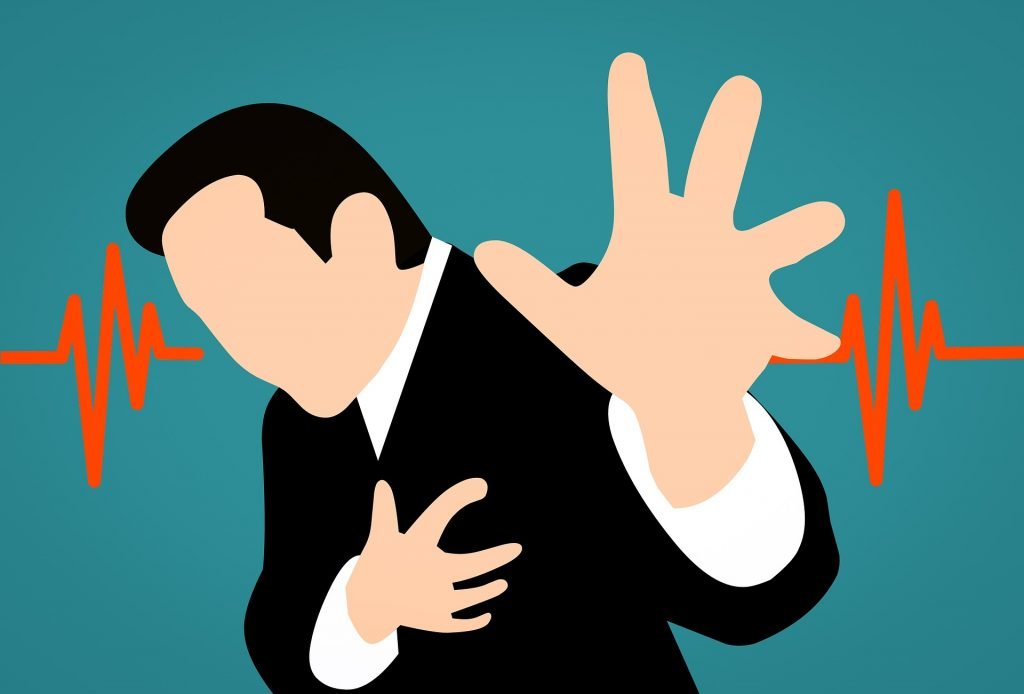
The Ketogenic Diet is defined as an eating plan which is low in carbohydrates and high in fat with moderate protein restriction to induce ketogenic without restricting fat intake. It is based on significantly reducing carbohydrates and increasing the fat content of foods.
A key benefit of the keto diet is the decrease in bad cholesterol. This is one of the main causes of heart disease. A high-fat diet increases the risk of coronary heart disease, so it’s important to monitor your bad cholesterol levels with regular blood tests. It will also reduce the risk of stroke and other cardiovascular diseases. The good news is that the ketogenic diet is safe for most people
This diet forces the body to burn fat for fuel, rather than carbohydrates. This means fewer calories, but more fat and protein in the body. It is not a miracle cure, and you should not expect to lose weight on this diet.
The ketogenic diet does not limit fat intake. It consists mainly of high fats, moderate proteins, and very low carbohydrates. The large nutrients are divided into about 55% to 60% fat, 30% to 35% protein, and 5% to 10% carbohydrates. Specifically, in a diet of 2,000 calories a day, carbohydrates reach 20 to 50 grams per day.
The concept of a ketogenic diet was developed in 1921 by Dr. Russell Wilder, according to a research review in Cureus Magazine. Russell Wilder first used the ketone diet to treat epilepsy in 1921. He also coined the term “keto-diet.” For nearly a decade, the Keto diet has occupied an important place in the medical world as a therapeutic diet for pediatric epilepsy and has been widely used until its popularity ceased with the introduction of anti-epileptic drugs.
The re-emergence of the ketogenic diet as a rapid formula for weight loss is a relatively new concept that has proven effective, at least in the short term, according to a research review on the NCBI website in the United States.
Carbohydrates are the primary source of energy production in body tissues, and when the body is deprived of carbohydrates because of reduced intake to less than 50 grams per day, insulin secretion decreases dramatically and the body exhausts glycogen stores, forcing the body to go through some metabolic changes.

When glucose availability decreases, the body’s internal glucose production is unable to keep pace with the body’s needs and ketones begin to form in order to provide an alternative source of energy in the form of ketone bodies, replacing glucose as an essential source of energy.
Due to a lack of carbohydrate intake, the body breaks down fat into fatty acids, and fatty acids are metabolized pediatric into ketogenic bodies that accumulate in the body as the ketogenic diet continues.
This metabolic condition is referred to as the “dietary ketone state”. As long as the body is deprived of carbohydrates, the metabolism remains in the ketone state.
Ketone bodies manufactured in the body can be easily used to produce energy through the heart, muscle tissue, and kidneys. Ketone bodies can also cross the cerebral blood barrier to provide an alternative energy source to the brain.
Although there may be some advantages of the keto diet, including curbing appetite and reducing fat and blood sugar levels, it is not always safe, especially in people with diabetes-2 and a higher risk of heart disease. These people should seek a doctor’s advice before beginning any new diet. Oftentimes, the keto diet is associated with the following negative health effects:

The short-term and relatively common side effects of the keto diet include a range of symptoms such as:
These symptoms, sometimes called keto flu, disappear within a few days to a few weeks, and ensuring that you take enough fluids and electrolytes can help you cope with some of these symptoms.
Although the short-term side effects of the ketogenic diet have been well reported, the long-term negative health effects are not well known. They include:

To reduce the above side effects, dieters should:

The recommendations warned patients with a history of dangerously high cholesterol levels from following a keto diet and low-carb diets.
In conclusion, continuing in the keto diet for a long time without interruption can have serious health consequences. So it is recommended to start a diet and continue it carefully through consultation with a nutritionist. Those with a heart condition or diabetes should consult a doctor to ensure that they can safely follow the diet. A cardiologist can help you determine if this diet is right for you. In the first couple of days, you should eat more proteins than you normally eat.
References
I am not a doctor, psychiatrist, therapist, or professional, and I don’t play one on the internet. So the information provided herein is for informational purposes only and does not constitute professional advice. Plus, before taking any decision based on what you find on this website, you are advised to consult a doctor or professional.
Leave a comment